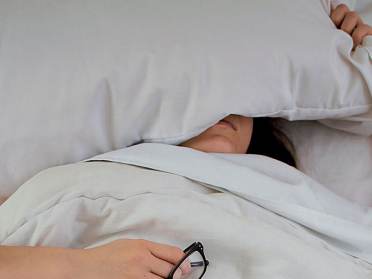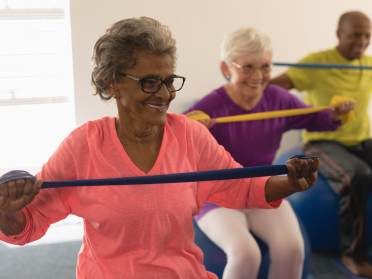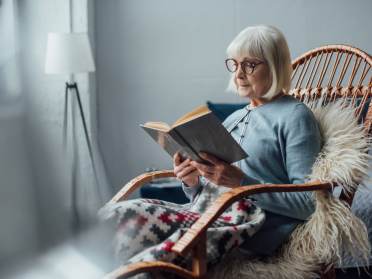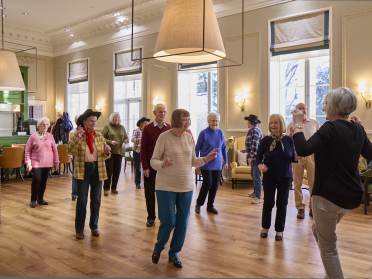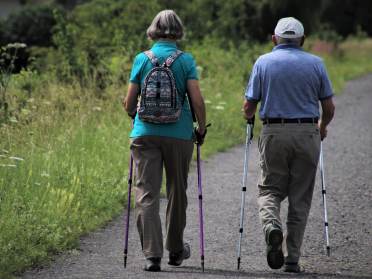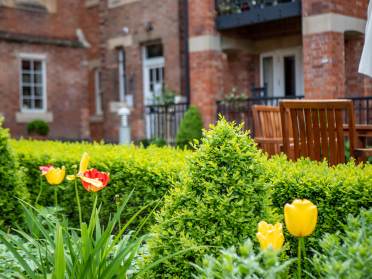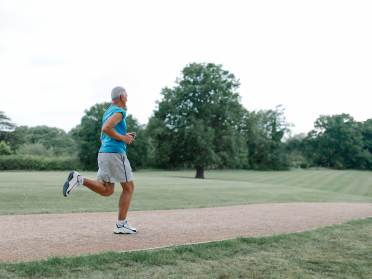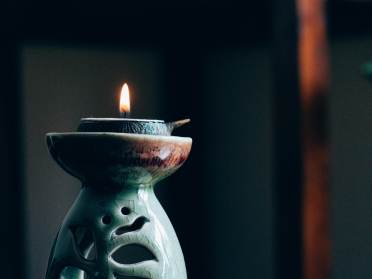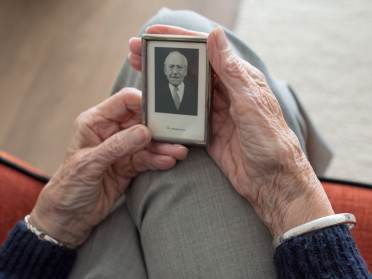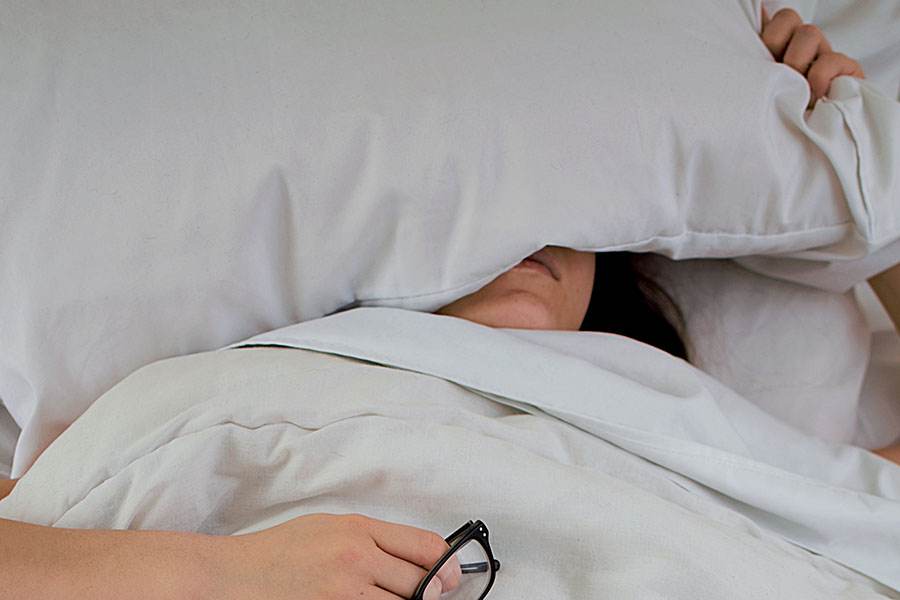
The coronavirus pandemic has turned the world upside down and affected all aspects of our lives.
UK life still feels a long way from returning back to normality, leaving many of us isolated and feeling anxious, and it is affecting our sleep.
The change in our routines, and the reduction in the amount of exercise we may be getting, may also play a large role in affecting our usual daily sleeping patterns. Some people are reporting it takes longer to fall asleep and are experiencing a restless night, resulting in being tired the next day.
With the help of the Sleep Foundation, we have put together some top tips to help you get a good night’s sleep.
Top tips for a good night’s sleep
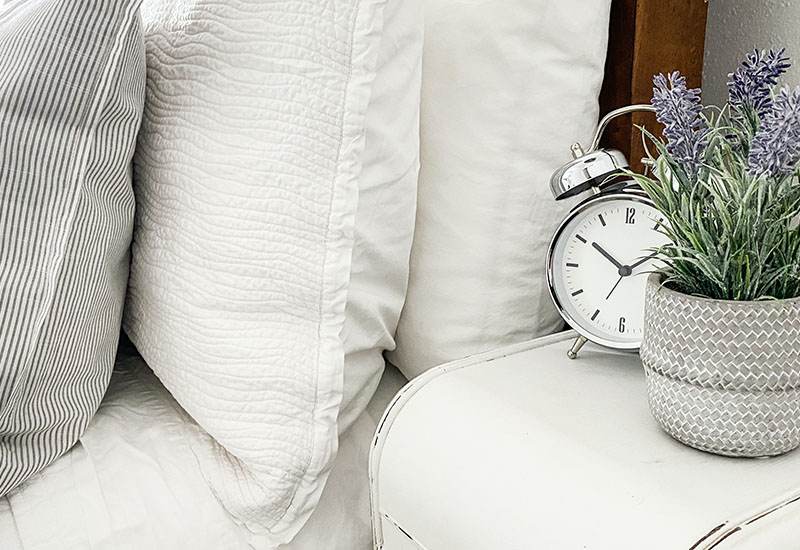
Stick to a sleep schedule
Go to bed and wake up at a similar time each day, even at the weekend. This helps to regulate your body's clock and could help you fall asleep and stay asleep for the night.
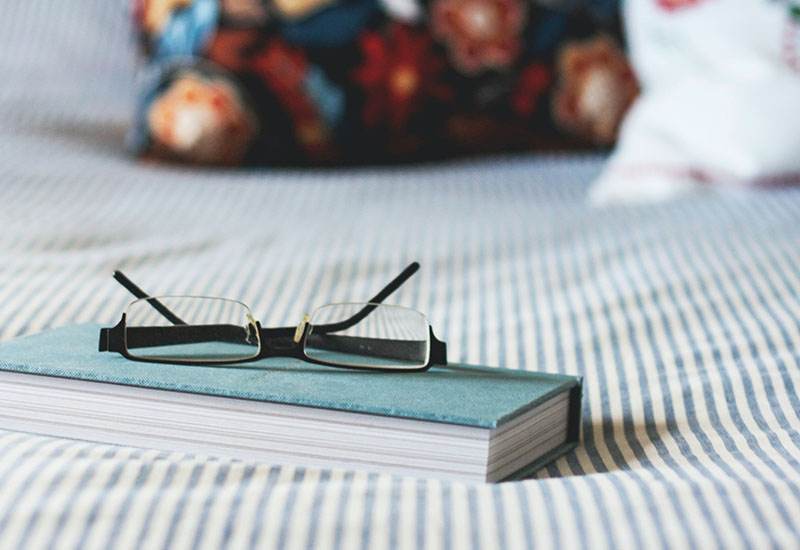
Practice a relaxing bedtime ritual
A relaxing routine before bed conducted away from bright lights helps separate your sleep time from activities that would otherwise stimulate your brain and keep you awake. Your body needs time to shift into sleep mode, so spend the last hour before bed doing a calming activity such as taking a bath and/or reading a book.
If you have trouble sleeping, avoid naps, especially in the afternoon
Power napping may help you get through the day, but if you find that you can't fall asleep at bedtime, eliminating even short catnaps may help.
Exercise daily
Even light exercise is better than no activity, and try to get outside for some fresh air.
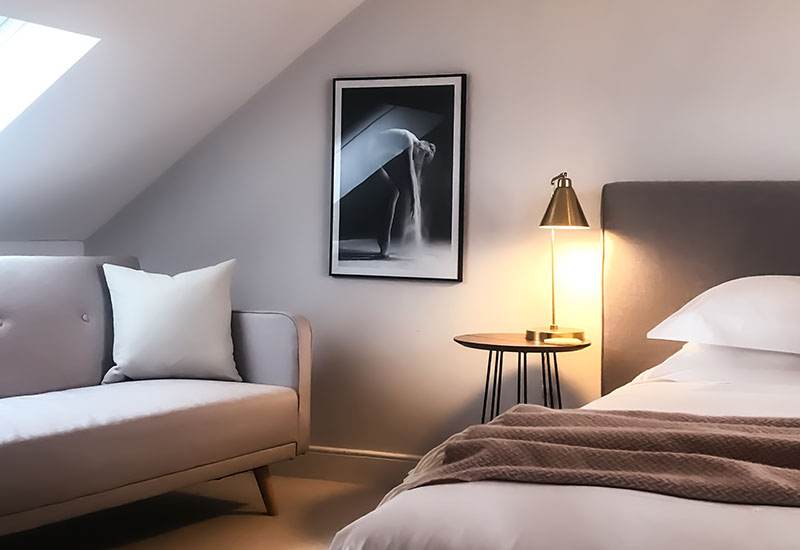
Evaluate your room
Your bedroom should be cool, between 15 – 20 degrees and free from any noise. Consider using blackout curtains, eye masks, ear plugs, white noise machines, humidifiers, fans and other devices as you see necessary. But be mindful about needing too many props to fall asleep as you don’t want to rely on these always for a good night’s sleep.
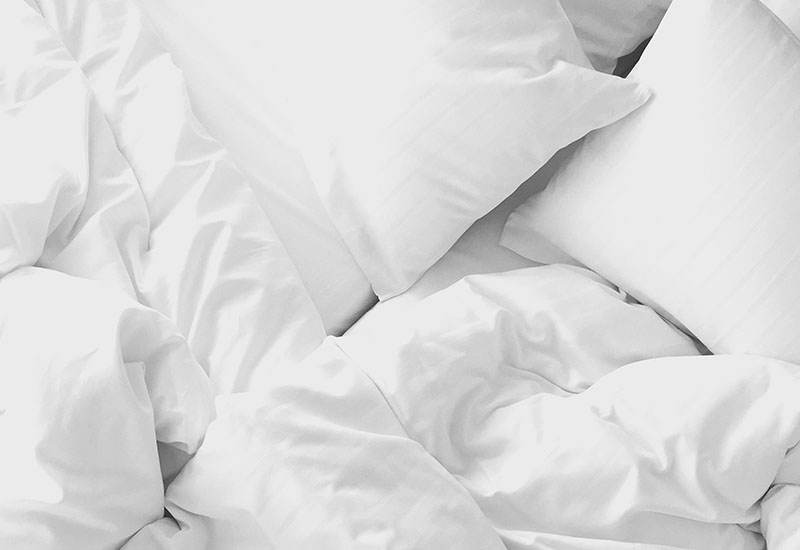
Sleep on a comfortable mattress and pillows
Make sure your mattress is comfortable and supportive. The one you have been using for years may have exceeded its life expectancy (about 9 or 10 years for most good quality mattresses). Have comfortable pillows and make the room attractive and inviting for sleep.
Avoid alcohol, cigarettes, and heavy meals in the evening.
Alcohol, cigarettes and caffeine can disrupt sleep. Eating big or spicy meals can cause discomfort from indigestion that can make it hard to sleep. If you can, avoid eating large meals for two to three hours before bedtime, but if you do get hungry, try a light snack 45 minutes before bed.
If you can't sleep, go into another room and do something relaxing until you feel tired
It is best to take work materials, computers and televisions out of the bedroom. Use your bed only for sleep to strengthen the association with sleeping.
If you’re still having trouble sleeping, don’t hesitate to speak with your doctor or to find a sleep professional. You may also benefit from recording your sleep patterns in a sleep diary to help you better evaluate common patterns or issues you may see with your sleep or sleeping habits. Diaries can be paper based or using an app such as Sleep Cycle.
Stress can be a major contributing factor in sleep struggles. Take a look at our top tips on how to take the pressure off.

